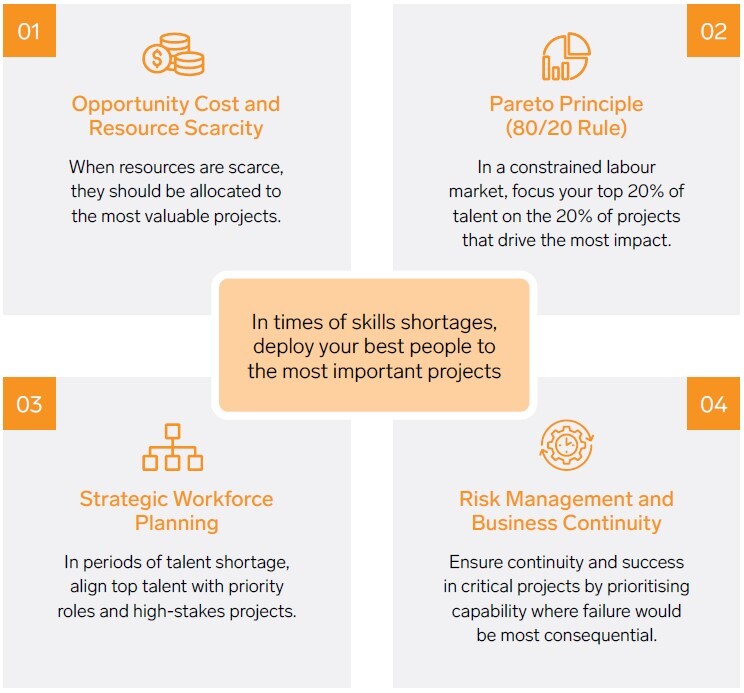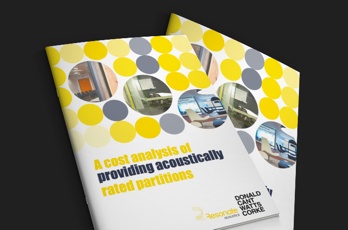Mark Freestone, Executive Director QLD, discusses the importance of having certified and/or chartered quantity surveyors leading Australia's most critical projects due to acute skills shortages and the need for proven expertise and accountability in the construction sector.
The record number of road, rail and energy projects has created acute skills shortages, now a key constraint on Australia’s construction sector. Jobs and Skills Australia has repeatedly listed civil engineering professionals, including quantity surveyors (QS), among the most in-demand occupations. As of 2024, every State and Territory faces a QS shortage. With the Brisbane 2032 Olympics now less than seven years away, pressure on the pipeline and the professionals delivering it is intensifying.
Not All Skills Shortages are Equal
Jobs and Skills Australia attributes the shortage of quantity surveyors to more than just numbers; it’s a “suitability gap”. While candidates exist on paper, too few are job-ready due to a lack of experience or capability. This lack of qualified quantity surveyors could lead to delays and cost overruns due to poor budget and resource management.
Addressing the shortage of quantity surveyors will take time and require a multi-faceted approach that includes investment in training, addressing gender and equality, and potentially immigration reform. In the meantime, we must make hard decisions about where to deploy our most qualified professionals and to which projects.
Put Your Best People on Your Most Important Projects
While there’s no single, named rule in economics or business that states this outright, four well-established principles support the case:
- Opportunity Cost and Resource Scarcity
In classical economics, the concept of opportunity cost implies that when resources (including skilled labour) are scarce, they should be allocated to the highest-value activities. Deploying your best people to the most important projects maximises return on investment.
- Pareto Principle (80/20 Rule)
The 80/20 Rule is widely applied in business. In most organisations, 20% of effort delivers 80%
of the impact. In a constrained labour market, top talent should focus on the most critical, high-stakes projects.
- Strategic Workforce Planning
In HR and organisational theory, strategic workforce planning involves aligning human capital with organisational goals. In periods of talent shortage, businesses are encouraged to:
- Identify mission-critical roles and projects
- Deploy or retain top performers in these areas
- Postpone or reprioritise lower-value work
- Risk Management and Business Continuity
From a risk perspective, ensuring continuity and success in critical projects during a skills shortage demands prioritising capability, where failure would be most costly. This is consistent with the principles of risk mitigation and resilience planning, especially in high-stakes sectors like infrastructure.

Who are our Best Quantity Surveyors?
Quantity surveyors are vital to the success of construction projects. Their responsibilities
span cost management, contract administration, procurement, risk mitigation, overall financial oversight, and more. In Australia, the title “quantity surveyor” is not legally protected. Membership of the Australian Institute of Quantity Surveyors (AIQS) is voluntary. This means that individuals with varying qualifications and experience levels may all call themselves a
“quantity surveyor”, potentially leaving clients exposed. In an industry where cost, risk and compliance are key, that’s a vulnerability the industry cannot afford to carry.
Fortunately, things have changed for the betterment of both the profession and clients. In 2024, AIQS launched a new membership structure, automatically tying the Certified
Quantity Surveyor designation to Member/Fellow grades. “Certified Quantity Surveyor”
is protected by law and can only be used by those passing the AIQS Assessment of
Professional Competence (APC) process.
In the UK, the quantity surveying profession has been regulated for some time. The title
“Chartered Quantity Surveyor” is protected by law and may only be used by those
who have completed a recognised degree, supervised work experience, and passed the
RICS APC process. Although the regulatory environments differ between the UK and Australia, both the AIQS and RICS provide a way to identify quantity surveyors with the
qualifications, capability and credibility to lead on critical projects. To mitigate your vulnerability, use a “Certified” or “Chartered” Quantity Surveyor.
The Case for Favouring Certified and/or Chartered Quantity Surveyors
Australia must not allow skills shortages and weak regulation to compromise the quality of construction delivery, regardless of the project or sector. Governments and private sector clients should prioritise appointing certified and/or chartered quantity surveyors to all major projects.
Why? Because Certified and Chartered Quantity Surveying professionals:
- Provide proven, tested expertise in, and not limited to, cost planning, value engineering and risk management
- Comply with professional and ethical standards
- Have ongoing CPD requirements to maintain currency of skills
- Can be held accountable through disciplinary processes
These professionals deliver:
- Greater certainty in cost and commercial performance
- Stronger governance and risk mitigation
- Higher confidence for taxpayers, investors and stakeholders
A Critical Moment for the Profession
As the Olympics infrastructure program progresses and the national construction pipeline grows, it’s time to raise the bar. Prioritising Certified and Chartered Quantity Surveyors is not about gatekeeping, it’s about protecting project outcomes and professional standards. If more clients understood the value Certified and Chartered Quantity Surveyors deliver, the decision would be obvious. In today’s market, the most critical projects demand the most qualified professionals. That’s how we safeguard delivery and the reputation of our industry.
If you would like to know more about how a Certified and Chartered Quantity Surveyor can assist in protecting your commercial interests and mitigating risks, Mark can be found on
LinkedIn and is more than happy to discuss.
Mark Freestone is a Certified Quantity Surveyor (AIQS) and Chartered Quantity Surveyor (RICS). Before migrating to Australia on a skilled visa, he worked in the UK for 22 years, with 15 years as a Chartered Quantity Surveyor. Mark has been a member of AIQS for 16 years and is an AIQS APC Assessor and a qualified chair and assessor in the RICS APC program.
Get in touch with Mark →











